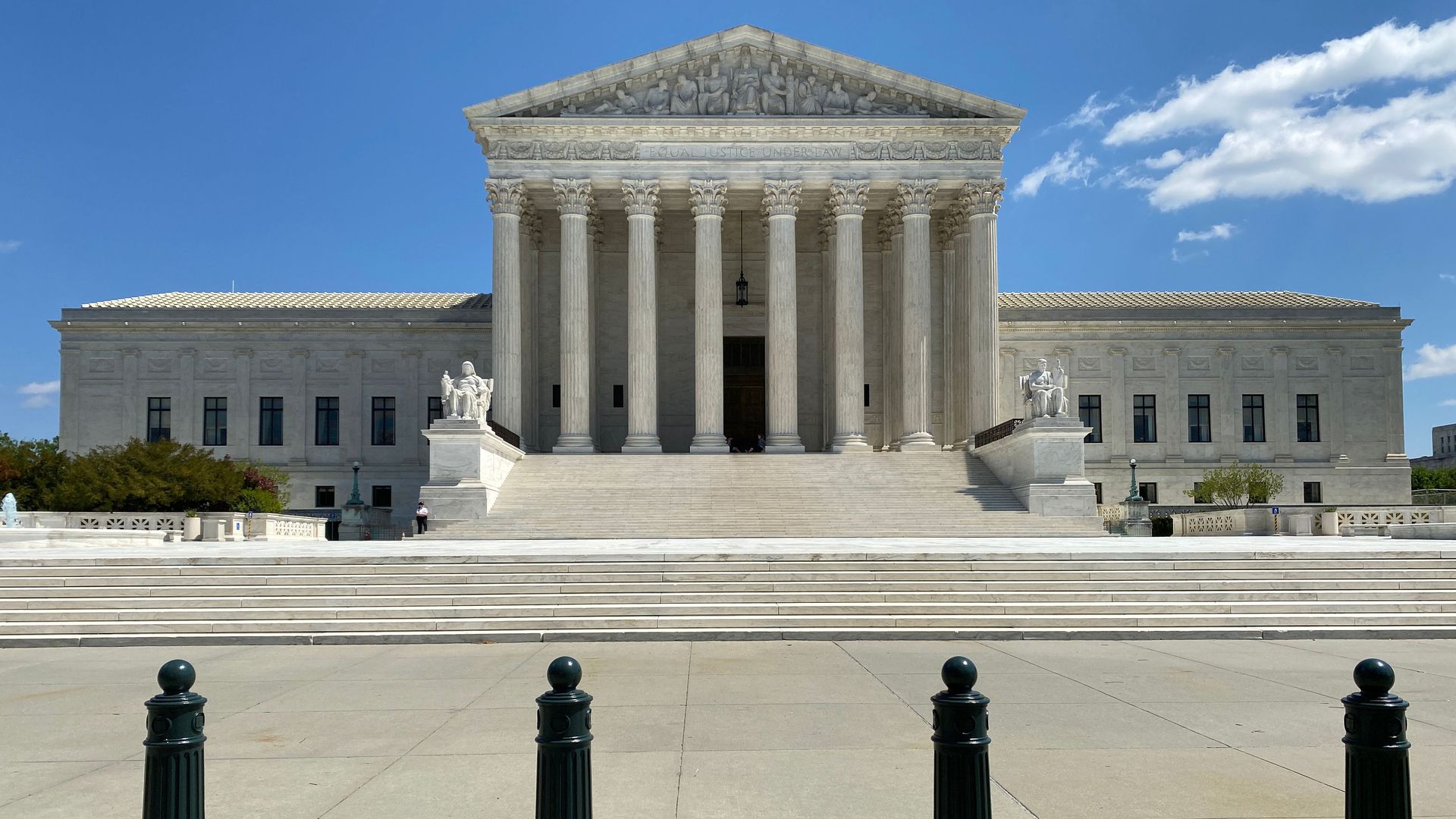L'ADN humain ne peut pas être breveté aux USA
La Cour Suprême des Etats-Unis a rendu hier un jugement dans l’affaire Association for Molecular Pathology Et Al. v. Myriad Genetics, Inc., Et Al.
Elle déclare à l’unanimité (neuf juges) que l’ADN humain ne peut pas être breveté aux Etats-Unis. Autrement dit, l’ADN humain n’est pas éligible selon 35 U.S.C. § 101. L’argument pour la brevetabilité, selon le jugement de l’instance précédant la Cour Suprême, était que l’isolation de molécule d’ADN résulte en un changement physique dans la molécule, ce qui la rend brevetable puisqu’elle est chimiquement retirée de son environnement intracellulaire.
En anglais dans le texte, selon la Cour Suprême :
Nor are Myriad’s claims saved by the fact that isolating DNA from the human genome severs chemical bonds and thereby creates a nonnaturally occurring molecule. Myriad’s claims are simply not expressed in terms of chemical composition, nor do they rely in any way on the chemical changes that result from the isolation of a particular section of DNA. Instead, the claims understandably focus on the genetic information encoded in the BRCA1 and BRCA2 genes. If the patents depended upon the creation of a unique molecule, then a would-be infringer could arguably avoid at least Myriad’s patent claims on entire genes (such as claims 1 and 2 of the ‘282 patent) by isolating a DNA sequence that included both the BRCA1 or BRCA2 gene and one additional nucleotide pair. Such a molecule would not be chemically identical to the molecule “invented” by Myriad. But Myriad obviously would resist that outcome because its claim is concerned primarily with the information contained in the genetic sequence, not with the specific chemical composition of a particular molecule.
Cependant, les molécules d’ADN complémentaire (ADNc) sont brevetables, car bien que l’ADNc contienne les mêmes informations génétiques que les molécules d’ADN “naturelles”, l’ADNc est physiquement quelque chose qui n’existe pas dans la nature.
En anglais dans le texte :
[The petitioners argue that] that cDNA is not patent eligible because “[t]he nucleotide sequence of cDNA is dictated by nature, not by the lab technician”. That may be so, but the lab technician unquestionably creates something new when cDNA is made. cDNA retains the naturally occurring exons of DNA, but it is distinct from the DNA from which it was derived. As a result, cDNA is not a “product of nature” and is patent eligible under §101, except insofar as very short series of DNA may have no intervening introns to remove when creating cDNA. In that situation, a short strand of cDNA may be indistinguishable from natural DNA.
Ainsi, l’un des “outils” de base du travail scientifique et technologique reste non brevetable. La Cour Suprême le redit encore : sans cette exception, il y aurait un danger considérable que l’octroi de brevets “ligoterait” l’utilisation d’outils comme celui-là et ainsi interdirait de futures et prometteuses innovations basées sur eux. Ce serait en contradiction avec le but premier des brevets qui est de promouvoir la création et l’innovation.
Un avis qu’il est difficile de contredire…

